This page is under construction and will be completed by August 15, 2024. Check back for updates!
9 th Grade
Language and Literature
Unit One: CONNECTIONS
Global context: Identity and Relationships
Key concept(s): Connections & Intertexuality
Related concepts: Identity, Character, Self-expression, Point of View
Statement of inquiry: We examine connections between text, creator, and audience across time and place to understand the human condition.
Factual: What is point of view? What influences identity?
Who has power in this story and who does not?
Conceptual:
Debatable:
Text(s): The Giver by Lois Lowry & Pleasantville (film as non-literary text)
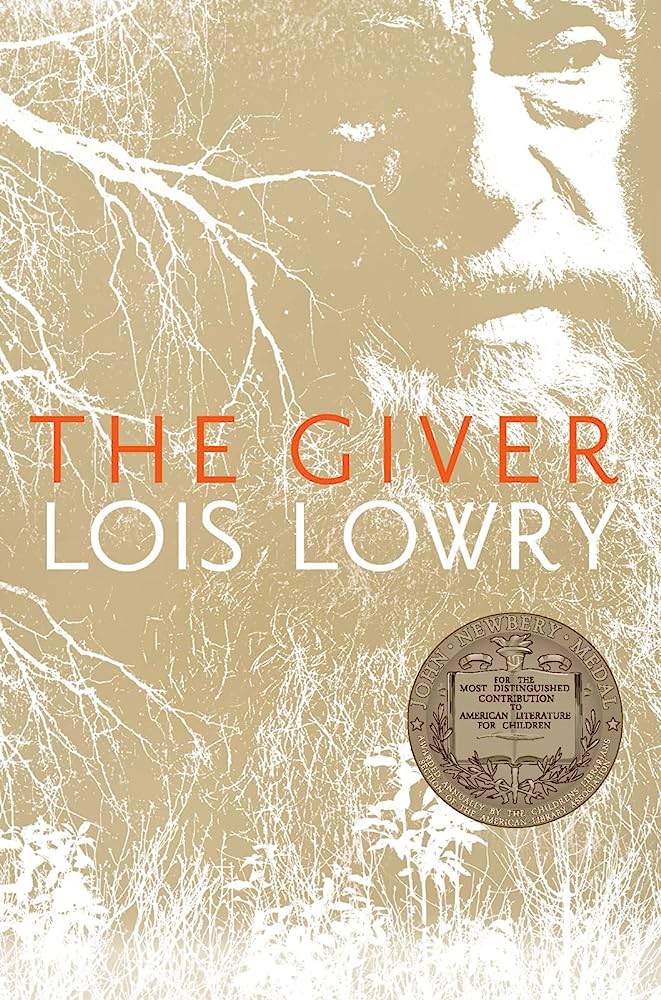
UNIT Two: WHO AM I?
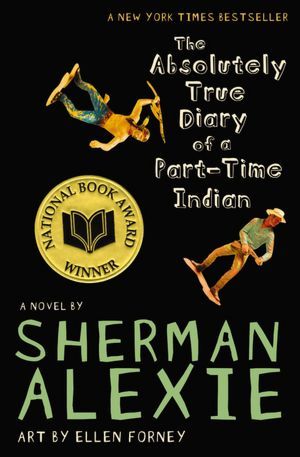
Global Context: Time, Place, and Space
Key Concept: Perspective
Related Concept: Character; Point of View; Setting
Statement of Inquiry: Our understanding of what it means to be an individual and community member is shaped by the space, time, and place in which we live.
Factual:
Conceptual: How are people transformed through their relationships with others? When and how should an individual take a stand? What writing techniques did the political writers of this time use to persuade people? How was propaganda used by both sides to sway people beliefs?
Debatable: To what extent does power or the lack of power affect individuals? How are prejudice and bias created and overcome? How can literature (and other art forms such as film and TV) serve as a vehicle for social change?
Text(s): The Absolutely True Diary of a Part-Time Indian by Sherman Alexie
Unit THREE: CREATIVITY
Global Context: Orientation in Time and Space
Key Concept: CONNECTIONS
Related Concept: Genres; Point of View; Theme
Statement of Inquiry: Regardless of genre texts are creative self-expressions of philosophies and beliefs.
Factual:
Conceptual:
Debatable:
Text(s): A Midsummer Night' Dream by William Shakespeare
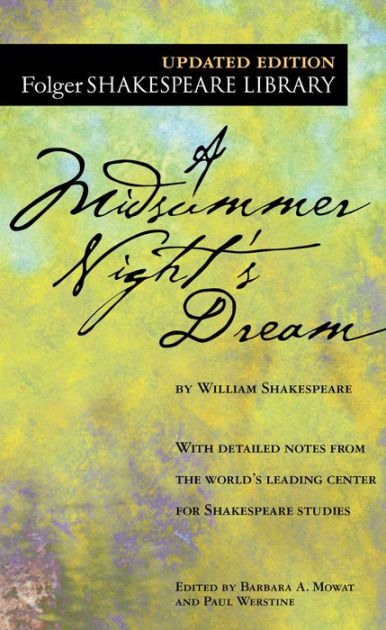
UNIT FOUR: OUR COMMON HUMANITY
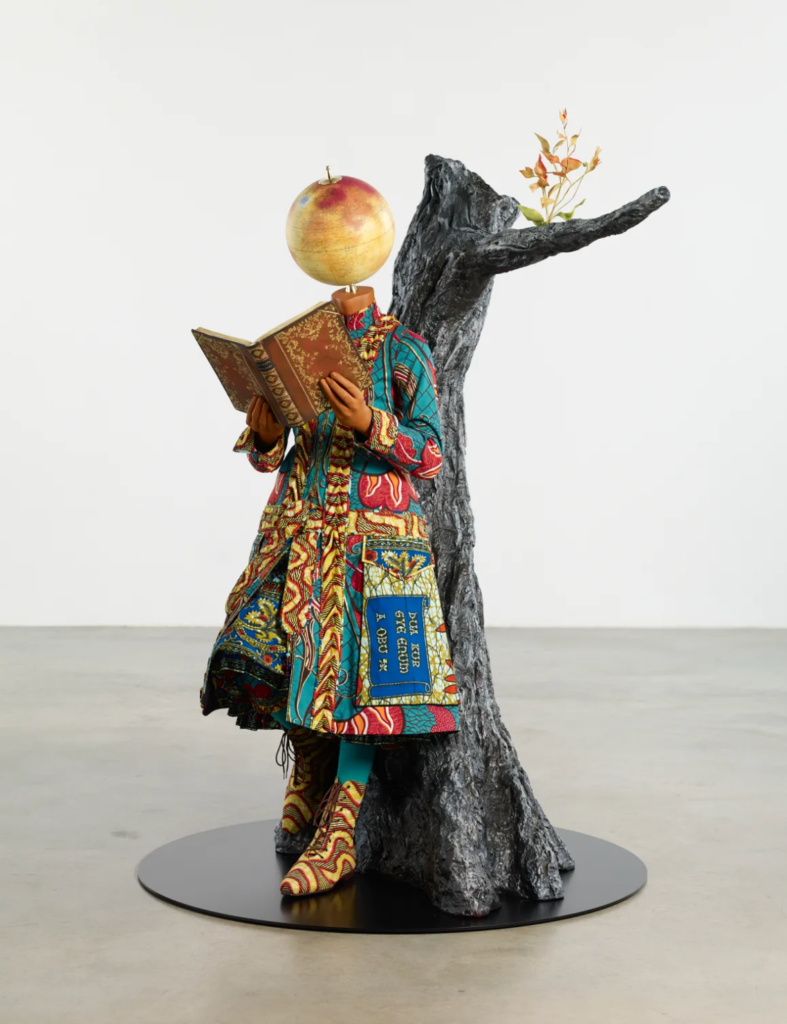
Global Perspective: Identities and Relationships
Statement of Inquiry: Literature is essential to an understanding of our common humanity and our impact on the world. Visual expression as well as different genres in literature will speak to our common humanity.
Key Concept: Connections
Related Concept(s): Intertextuality; Theme; Character
Factual Question:
Conceptual Questions:
Debatable Question:
Text: Various artists, non-literary texts and poetry
Artwork: Earth Kid by Yinka Shonibare
UNIT FIVE: PERSPECTIVE & STYLE
Global Perspective: Identities and Relationships
Statement of Inquiry: Social, cultural, and historical perspectives influence identity and the construction of texts.
Factual Question:
Conceptual Questions:
Debatable Question:
Key Concept: Perspective
Related Concepts: Connections; Intertextuality; Theme; Character
Text: Haroun and the Sea of Stories by Salman Rushdie
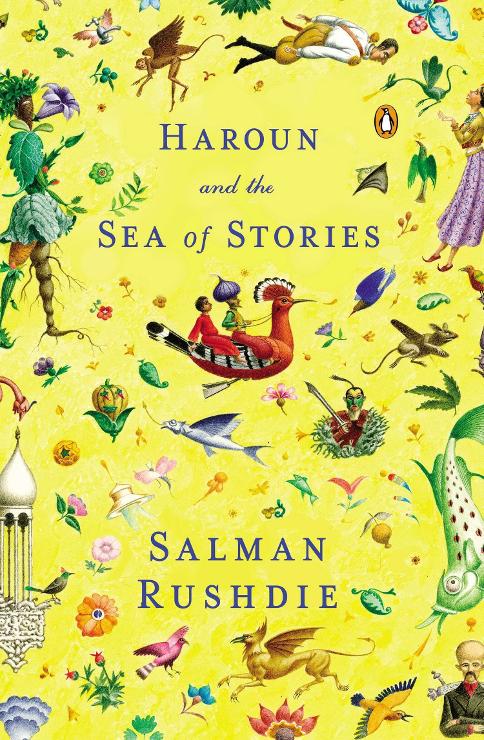
UNIT SIX: CULTURAL PERSPECTIVES
Global Perspective: Orientation of Time and Space
Statement of Inquiry: Perspective impacts an audience's understanding of civilizations and social histories.
Key Concept: Perspective
Related Concept(s): Audience, Imperatives; Context; Structure
Factual Question:
Conceptual Questions:
Debatable Question:
Text: Different forms of advertising and media